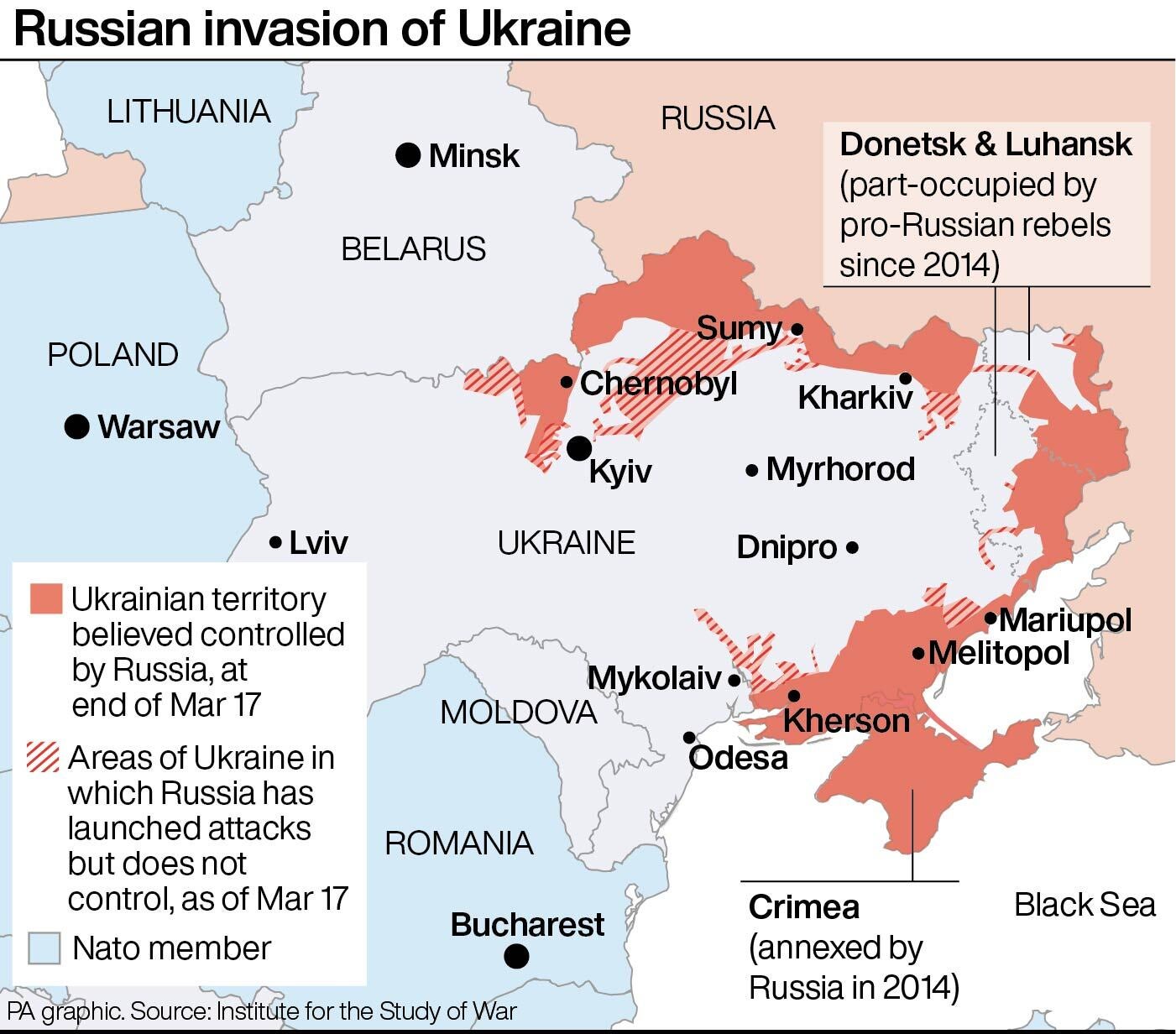Footage shows moment BBC reporter narrowly escapes Russian rockets in Kharkiv
‘This is the reckless targeting of human life,’ the journalist says
Your support helps us to tell the story
From reproductive rights to climate change to Big Tech, The Independent is on the ground when the story is developing. Whether it's investigating the financials of Elon Musk's pro-Trump PAC or producing our latest documentary, 'The A Word', which shines a light on the American women fighting for reproductive rights, we know how important it is to parse out the facts from the messaging.
At such a critical moment in US history, we need reporters on the ground. Your donation allows us to keep sending journalists to speak to both sides of the story.
The Independent is trusted by Americans across the entire political spectrum. And unlike many other quality news outlets, we choose not to lock Americans out of our reporting and analysis with paywalls. We believe quality journalism should be available to everyone, paid for by those who can afford it.
Your support makes all the difference.Footage has captured the moment a BBC reporter and his crew members ran for cover after being bombarded by a sudden spate of Russian shelling in Kharkiv this week.
The broadcaster’s Middle East correspondent Quentin Sommerville came face to face with Russian Grad rockets in the northeastern Ukraine city on Thursday.
His latest dispatch shows him, a BBC camera operator and a guide from Ukraine’s army diving into an empty building for cover just before a series of rockets rained down in a residential area.

Speaking over the top of the footage, he said: “Away from the front, no neighbourhood is safe. Russian Grad rockets fall all around us. This is the reckless targeting of human life.”

Describing the incident later, Mr Sommerville wrote: “There is a boom and whoosh, and a wire-guided missile flies just over our heads. We scramble into the crater. It strikes along the roadside, a gas pipeline bursts into flames.”
He also recounts speaking to a former Ukrainian air force pilot following the explosions who, despite a shrapnel wound to his leg, refused to leave the fight to defend the northeastern city.

Constantine, 58, told the journalist: “This is the last line of defence for the city, if they get through here, they will enter Kharkiv. This road takes you from Russia to the very heart of the city.”
It comes as Ukraine’s state emergency service said a multi-storey teaching building was shelled on Friday morning in Kharkiv, killing one person, wounding 11 and trapping one person in the rubble.
According to most recent UK intelligence, besieged Kharkiv remains encircled and subject to relentless Russian shelling, while the cities of Chernihiv, Sumy and Mariupol are suffering much of the same fate, the Ministry of Defence (MoD) said.
Tweeting this morning, the MoD added: “Russian forces have made minimal progress this week.
“Ukrainian forces around Kyiv and Mykolaiv continue to frustrate Russian attempts to encircle the cities. The cities of Kharkiv, Chernihiv, Sumy and Mariupol remain encircled and subject to heavy Russian shelling.”
“The UN now states that the number of refugees fleeing the conflict in Ukraine has already surpassed 3.2 million. This number will continue to rise as a result of ongoing Russian aggression.”
Meanwhile, the United Nations political chief, Rosemary DiCarlo, has called for an investigation into civilian casualties, reminding the UN Security Council that international humanitarian law bans direct attacks on civilians.

She said many of the daily attacks battering Ukrainian cities “are reportedly indiscriminate” and involve the use of “explosive weapons with a wide impact area”.
Ms DiCarlo said the devastation in Kharkiv and Mariupol “raises grave fears about the fate of millions of residents of Kyiv and other cities facing intensifying attacks”.

Join our commenting forum
Join thought-provoking conversations, follow other Independent readers and see their replies
Comments